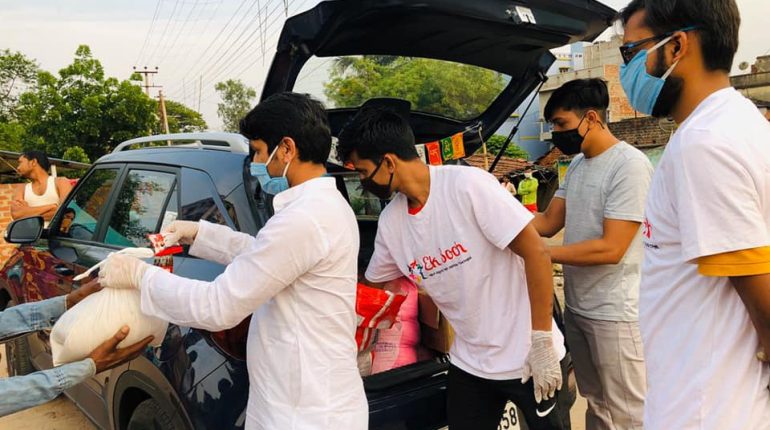Introduction:
Education is a transformative force that has the power to break the cycle of poverty, empower individuals, and uplift communities. However, millions of children around the world still face barriers that prevent them from accessing quality education. It is our collective responsibility to ensure that every child, regardless of their socio-economic background, has the opportunity to learn and thrive. In this blog, we will explore the importance of education for poor children and the steps we can take to provide them with the educational opportunities they deserve.
Education as a Pathway to Empowerment:
Education has the potential to change lives and empower individuals. For poor children, education serves as a means to escape poverty, develop critical thinking skills, and expand their horizons. It equips them with knowledge, enabling them to make informed decisions, pursue their aspirations, and become active contributors to society. By providing access to education, we offer these children a pathway to a brighter future, filled with opportunities for personal and professional growth.
Breaking the Cycle of Poverty:
Education is a powerful tool for breaking the cycle of poverty. When children receive an education, they are more likely to secure stable employment, earn higher incomes, and contribute positively to their communities. By investing in the education of poor children, we not only improve their individual circumstances but also pave the way for future generations to escape poverty. Education serves as a catalyst for socio-economic development, as educated individuals can drive positive change in their families and communities.
Enhancing Social Equality:
Education is a fundamental right that should be accessible to all, regardless of their socio-economic background. By providing education to poor children, we promote social equality and create a more inclusive society. Education equips children with the skills and knowledge necessary to navigate the challenges of life, enabling them to overcome societal barriers and create a more equitable future. When we ensure that every child has equal access to education, we build a society that values fairness and opportunities for all.
Fostering Critical Thinking and Problem-Solving Skills:
Education is not merely about acquiring information; it is about developing critical thinking skills and nurturing creativity. By providing education to poor children, we enable them to think independently, analyze situations, and solve problems. These skills are essential for innovation, entrepreneurship, and addressing societal challenges. By fostering critical thinking, we equip children with the tools to become active participants in shaping a better world.
Promoting Social Mobility and Global Citizenship:
Education opens doors to new opportunities and experiences, broadening horizons and nurturing global citizenship. By providing poor children with quality education, we enable them to explore the world, understand different cultures, and engage with global issues. Education cultivates empathy, tolerance, and a sense of responsibility towards others. It empowers children to become agents of positive change, contributing to their communities and the world at large.
Conclusion:
Education is a fundamental right that should be accessible to every child, regardless of their socio-economic background. By providing education to poor children, we break the barriers that hold them back and unlock their potential for a brighter future. Education empowers children, lifts families out of poverty, promotes social equality, fosters critical thinking skills, and nurtures global citizenship. Let us collectively work towards creating a world where education is a reality for all children, ensuring that no child is left behind. Together, we can build a future where every child has the opportunity to learn, grow, and thrive.
Tags DONATION WATERCategories Charity Kids Education


